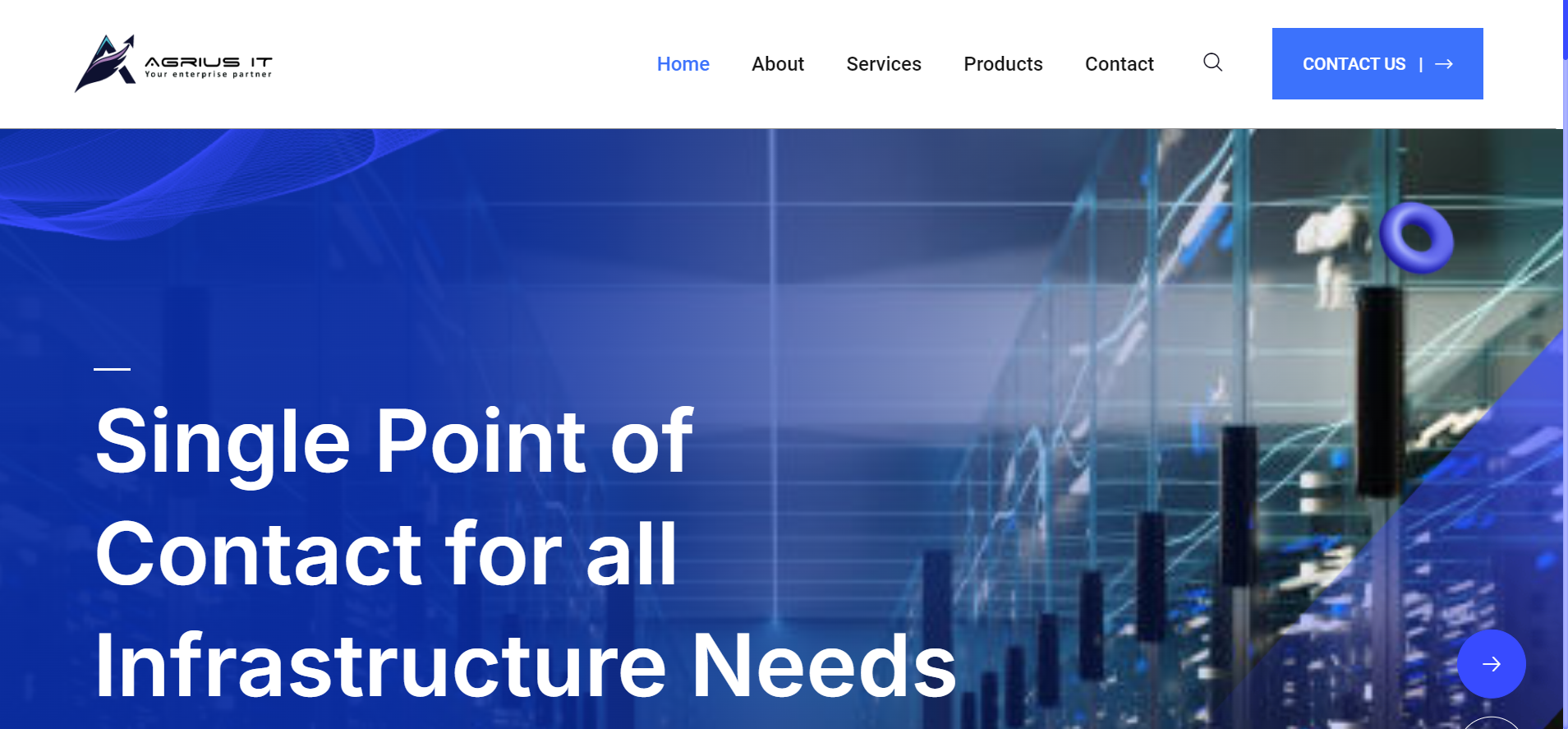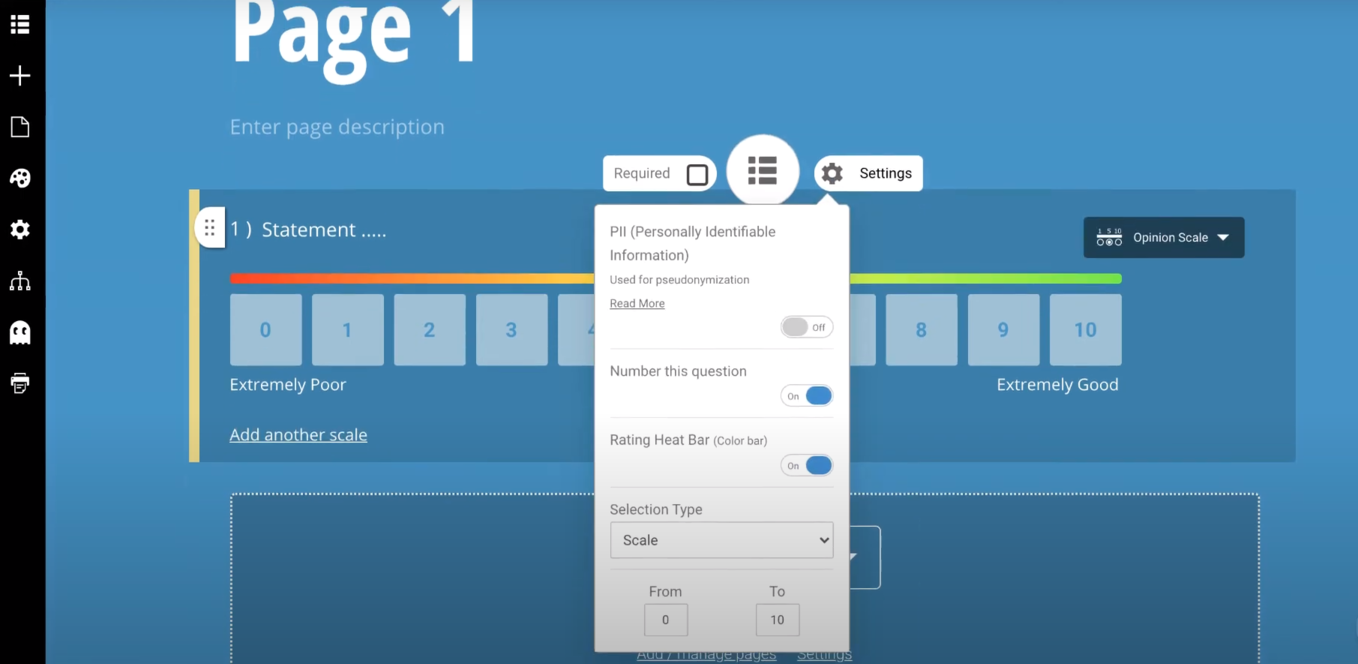In today’s technology-driven landscape, third-party maintenance providers have become essential for helping organizations manage their IT operations efficiently. By partnering with a third party maintenance provider, companies gain access to flexible, cost-effective solutions that enhance the reliability and longevity of IT hardware. This support empowers organizations to minimize downtime, extend the life of their equipment, and focus on core business activities without interruptions.
Key Third-Party Maintenance Services
End-to-End IT Infrastructure Management
Third-party providers handle the full scope of IT hardware, from setup to ongoing maintenance, ensuring smooth and continuous operations. This all-encompassing service reduces the need for in-house management, allowing businesses to optimize their resources.
Customized Solutions
Services are tailored to meet specific organizational needs, ensuring that each company gets a maintenance plan that aligns with its infrastructure and operational goals. This customization provides efficiency and maximizes resource utilization.
Lifecycle Extension and Sustainability
Annual support contracts and proactive management extend the life of End-of-Life (EOL) or End-of-Service-Life (EOSL) equipment, helping companies delay costly upgrades and supporting sustainable practices by reducing waste.
Third-Party Maintenance (TPM)
TPM offers tailored maintenance contracts that extend equipment life and increase efficiency. Providers bring expertise through certified engineers who handle maintenance at a lower cost, ideal for data center support.
IMAC Services
For companies needing hardware relocation—whether across facilities or countries—IMAC services provide structured relocation support, ensuring minimal disruption. This includes secure transport, setup, and testing to keep operations running smoothly.
Flexible Service Level Agreements (SLAs)
Third-party providers offer flexible SLAs that can reduce maintenance costs by 30-70%. These agreements provide round-the-clock support, on-site service, and secure stocking locations worldwide, tailored to meet individual business requirements.
Data Disposal and Recycling
Certified data disposal services ensure secure data erasure and responsible recycling. Providers offer destruction and recycling options, meeting industry standards for confidentiality and sustainability.
Why Choose Third-Party Maintenance?
Choosing a third-party maintenance provider offers businesses significant cost savings, reliable IT support, and a customized approach. By outsourcing hardware maintenance, companies can reduce overhead, manage resources efficiently, and focus on growth strategies without worrying about IT interruptions.
Third-party maintenance (TPM) is a strategic approach that enables organizations to maximize the life and efficiency of their IT infrastructure. Through tailored service agreements, TPM providers help businesses streamline operations, reduce downtime, and avoid the costly cycle of frequent hardware replacements. By extending the lifecycle of EOL and EOSL equipment and offering specialized relocation, data disposal, and recycling services, TPM solutions enable companies to manage IT needs sustainably. With flexible, cost-effective options, TPM providers empower companies to focus resources on growth and innovation rather than equipment upkeep.
FAQs
What is third-party maintenance?
Third-party maintenance (TPM) provides cost-effective, customized support for IT hardware beyond the original warranty period.
What are the main benefits of TPM?
TPM helps reduce maintenance costs, extend hardware lifespan, and optimize resource allocation with tailored service agreements.
How does TPM handle EOL/EOSL equipment?
Providers offer specialized support for EOL and EOSL hardware, allowing companies to use equipment longer without frequent upgrades.
What are IMAC services?
IMAC (Install, Move, Add, Change) services assist in secure, efficient hardware relocation with minimal disruption.
What are flexible SLAs?
Flexible Service Level Agreements (SLAs) allow businesses to choose maintenance plans that suit their specific needs and budgets.



